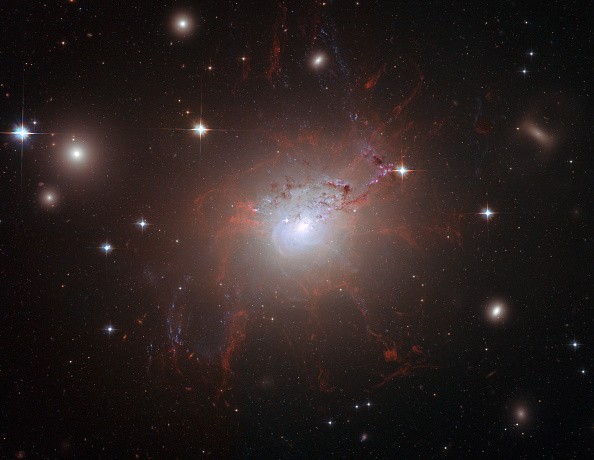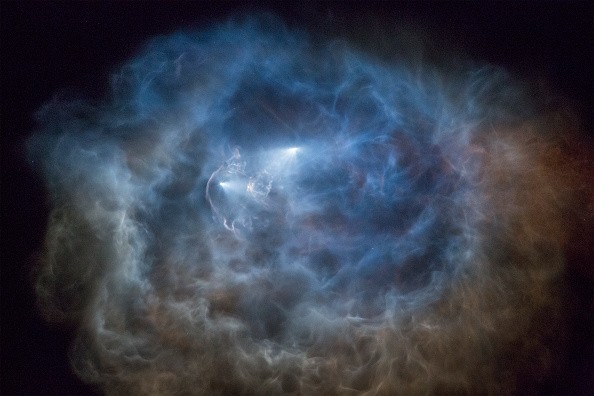The Big Bang Theory is one of the most popular theories of how the universe was formed. The National Aeronautics and Space Administration (NASA) explained that an astronomer named Georges Lemaitre formulated the idea in 1927.

He said that before the universe was formed, it came from a single "point" in space. The tiny dense matter exploded and expanded spreading particles of matter that created the universe. The scientists added that space could keep on stretching.
Penrose Multiple Big Bangs theory
According to Slash Gear's latest report, a 2020 Noble Prize winner now claims that the universe went through multiple Big Bangs. Roger Penrose, a physicist, and mathematician from the University of Oxford, said that he believes that the universe goes through "cycles of death and rebirth," and more will happen.

Also Read : Elon Musk Says Price of Future Space Rockets Could Cost Only $100/kg as Opposed to $8,000/kg in 1966
"The Big Bang was not the beginning," said Penrose via an interview with The Telegraph.
"There was something before the Big Bang and that something is what we will have in our future," he added.
Penrose discovered six 'warm' sky points
Penrose said that his theory called "conformal cyclic" has a proof that goes against the common Big Bang belief. He said that he identified six warm' sky points called Hawking Points. These were first discovered by the late Professor Stephen Hawking, who believed that black holes release radiation and could eventually evaporate.
The Noble Prize winner claimed that the evaporation of black holes might take longer than the universe's age (13.77 billion years old). He concluded that the six warm points are remnants of dead black holes left by previous "aeons" or universes.
For more news updates about new space theories, always keep your tabs open here at TechTimes.
This article is owned by TechTimes,
Written by: Giuliano de Leon.
ⓒ 2025 TECHTIMES.com All rights reserved. Do not reproduce without permission.




